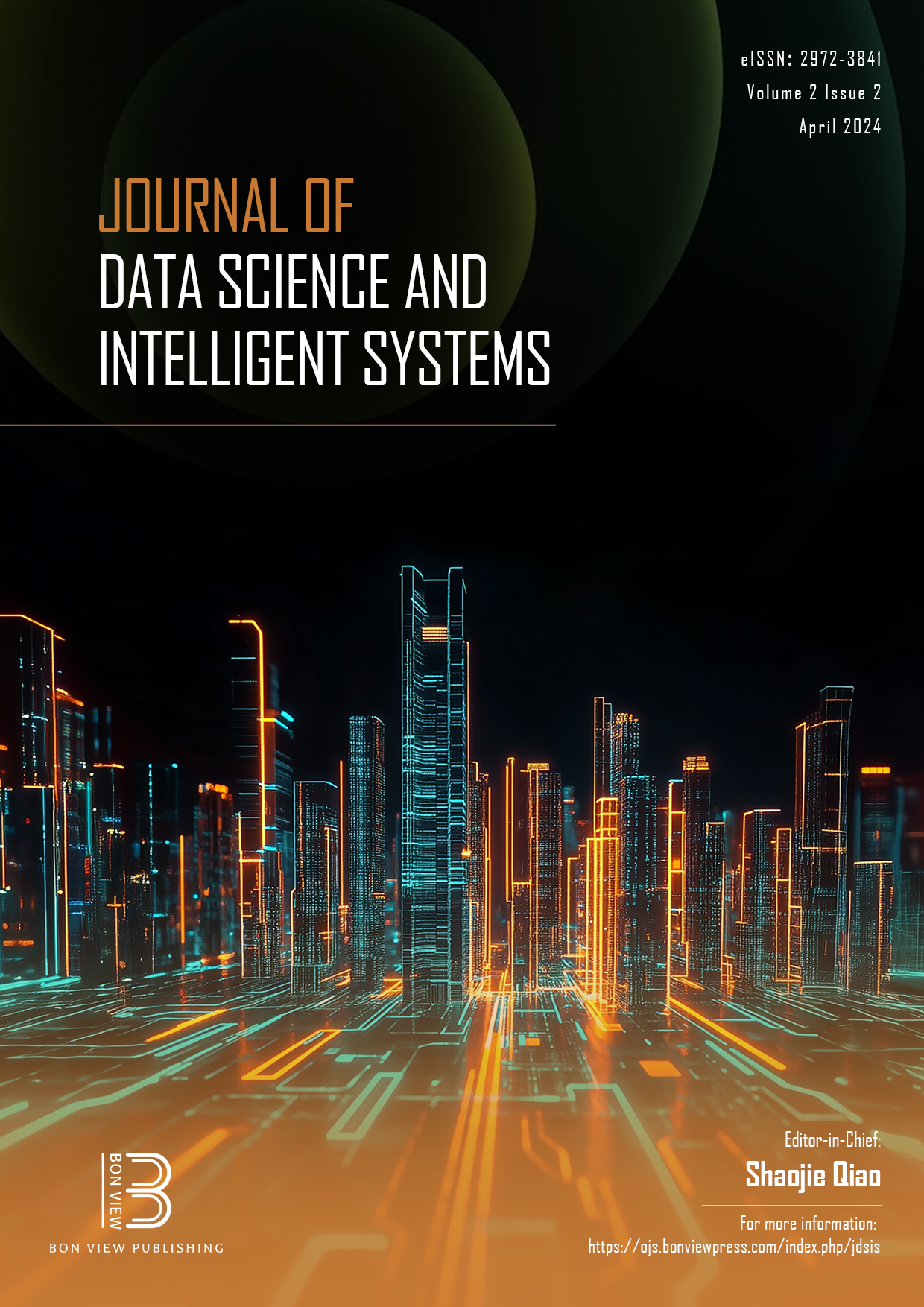Federated-Based Deep Reinforcement Learning (Fed-DRL) for Energy Management in a Distributive Wireless Network
DOI:
https://doi.org/10.47852/bonviewJDSIS3202998Keywords:
deep reinforcement learning, device satisfaction, energy management, federated learningAbstract
Studies on developing future generation wireless systems are expected to support increased infrastructure development and device subscriptions with densely deployed base stations (BSs). Economically, decreasing BS energy consumption levels and achieving "greenness" remain key factors for the giant industry. Some research works have proposed deep reinforcement techniques to solve energy management (EM) issues in cellular networks. However, these techniques are inefficient in a distributive network environment and expose the devices to privacy issues. Federated learning (FL) is proven to enforce device privacy and train models distributively. Thus, this work proposes an autonomous switching mode framework for BSs based on federated-deep reinforcement learning (Fed-DRL) to address the aforementioned challenges encountered by prior studies. Specifically, we deploy multiple DRL agents to influence the decision of the BS for EM. On the other hand, to make DRL-based decisions feasible and satisfy device quality-of-service, we train the DRL agents distributively by employing the FL concept. The results show the effectiveness of our proposed framework under distributed network scenarios compared with other benchmark algorithms.
Received: 25 April 2023 | Revised: 14 June 2023 | Accepted: 19 June 2023
Conflicts of Interest
The authors declare that they have no conflicts of interest to this work.
Data Availability Statement
Data available on request from the corresponding author upon reasonable request.
Downloads
Published
Issue
Section
License
Copyright (c) 2023 Authors

This work is licensed under a Creative Commons Attribution 4.0 International License.


